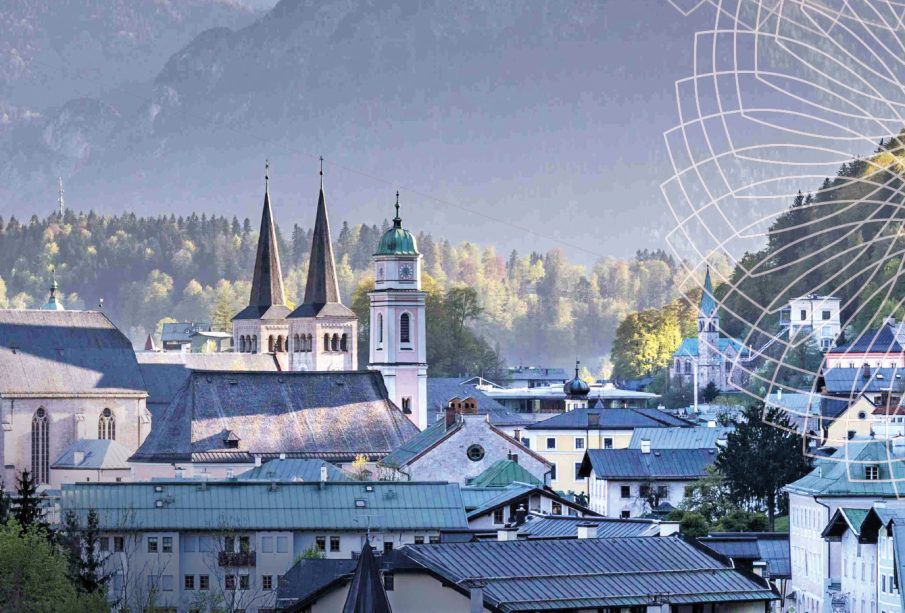Understanding Eid: Its Significance and Traditions

The Importance of Eid
Eid is a significant religious holiday celebrated by Muslims worldwide, marking the conclusion of Ramadan, the Islamic holy month of fasting. The term ‘Eid’ translates to ‘festival’ in Arabic, and this occasion serves as a reminder of community, spirituality, and gratitude. It plays a critical role in promoting social bonds and charitable acts, making it more than just a day of celebration, but an important event that enhances community spirit.
Types of Eid Celebrations
There are two major Eids celebrated by Muslims: Eid al-Fitr and Eid al-Adha. Eid al-Fitr, meaning ‘Festival of Breaking the Fast,’ occurs at the end of Ramadan and is a celebration of the month-long fasting period. It is characterized by a special prayer in the mosque, feasting, and exchanging gifts. Muslims give Zakat al-Fitr, a form of charity, to aid the less fortunate, ensuring that everyone can take part in the festivities.
Eid al-Adha, known as the ‘Festival of Sacrifice,’ takes place approximately two months after Eid al-Fitr. It commemorates the willingness of Prophet Ibrahim (Abraham) to sacrifice his son as an act of obedience to God. This occasion involves the ritual sacrifice of an animal, usually a sheep or goat, with the meat distributed among family, friends, and the needy, emphasizing values of sharing and generosity.
Recent Celebrations and Events
This year’s Eid celebrations were particularly vibrant, as many communities around the world gathered to celebrate after a long hiatus due to the COVID-19 pandemic. In Canadian cities with significant Muslim populations, such as Toronto and Vancouver, streets brimmed with festive decorations and communal prayers took place at local mosques. Community centers organized feasting events, underscoring the importance of togetherness in these times.
Conclusion: The Lasting Significance of Eid
Eid is much more than just a day of joyous celebration; it underscores the importance of mindfulness, charity, and community in Islam. With both Eid al-Fitr and Eid al-Adha, Muslims around the world not only connect with their faith but also with their communities, fostering goodwill and harmony. As the world continues to recover from various challenges, the spirit of Eid remains a beacon of hope and unity for millions, emphasizing values that transcend boundaries.









